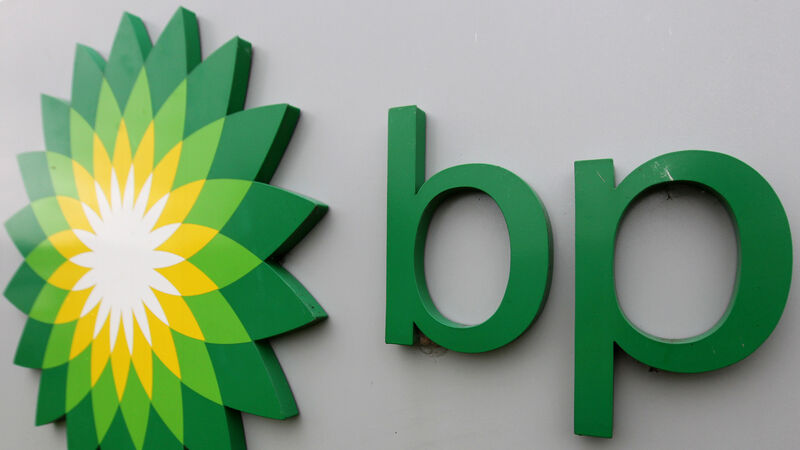With wholesale energy prices skyrocketing and the combined cost of electricity and gas bills for Irish households set to increase from €1,900 a year to something closer to €3,300 annually, the bumper €59bn profits being recorded this year by the world’s top five oil companies is a hard number for consumers to swallow.
One of the ‘big five’, BP has been accused of "unfettered profiteering", after it revealed this week underlying profits of €8.37bn between April and June this year alone thanks to high oil prices. This was the company’s biggest quarterly profit in 14 years and will result in some €4.7bn being handed to shareholders in bonuses.
Already a subscriber? Sign in
You have reached your article limit.
Subscribe to access all of the Irish Examiner.
Annual €130 €80
Best value
Monthly €12€6 / month
Introductory offers for new customers. Annual billed once for first year. Renews at €130. Monthly initial discount (first 3 months) billed monthly, then €12 a month. Ts&Cs apply.
CONNECT WITH US TODAY
Be the first to know the latest news and updates

















